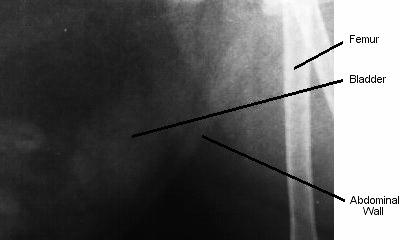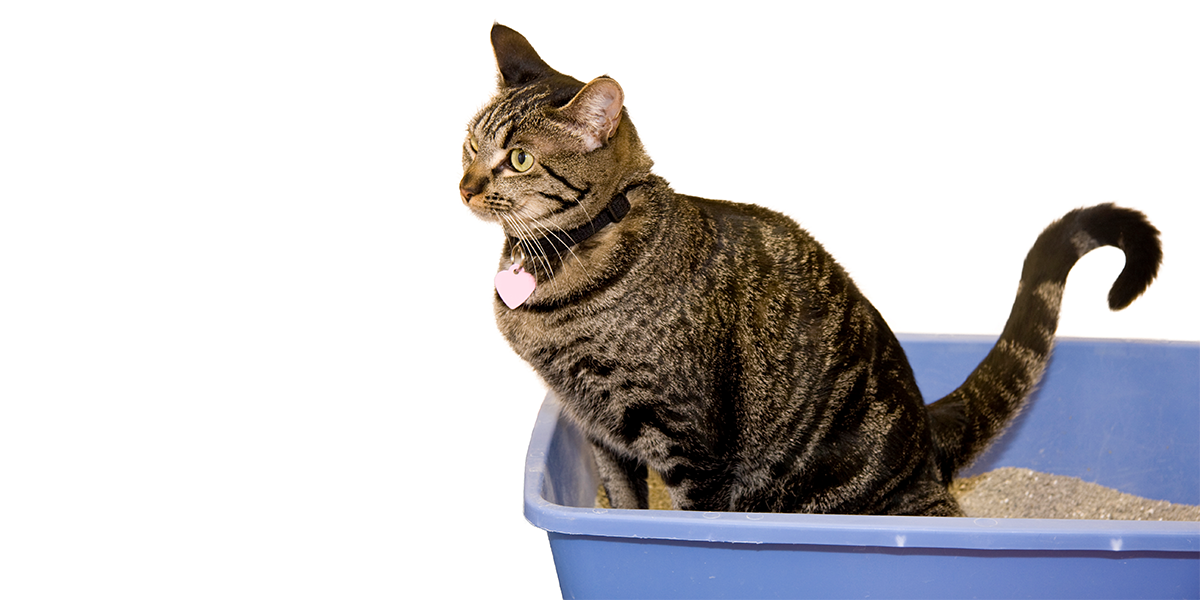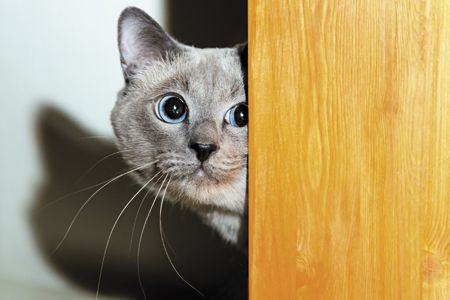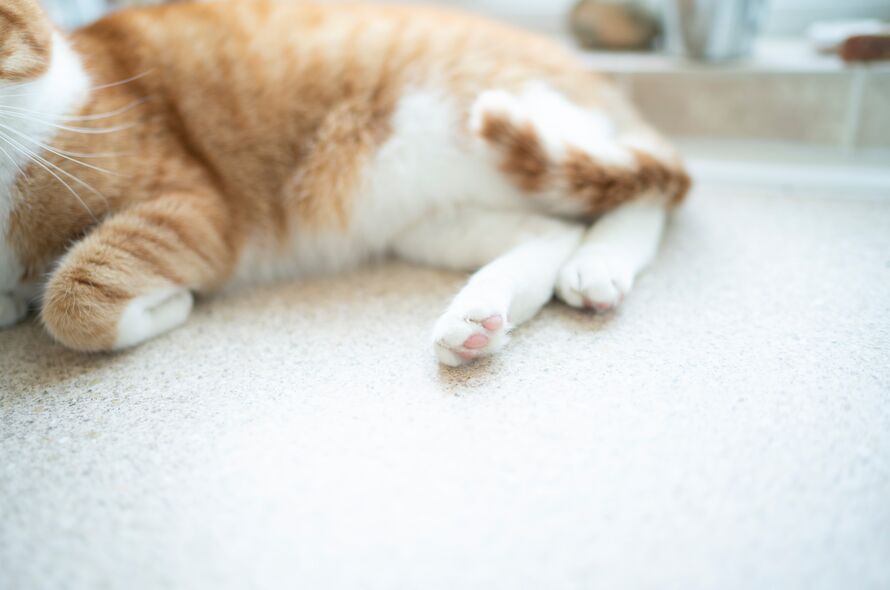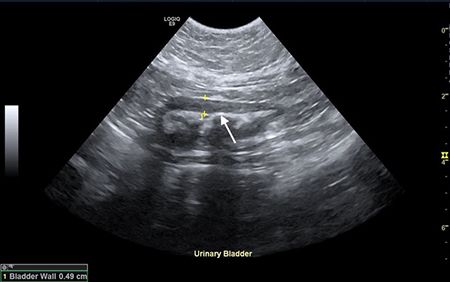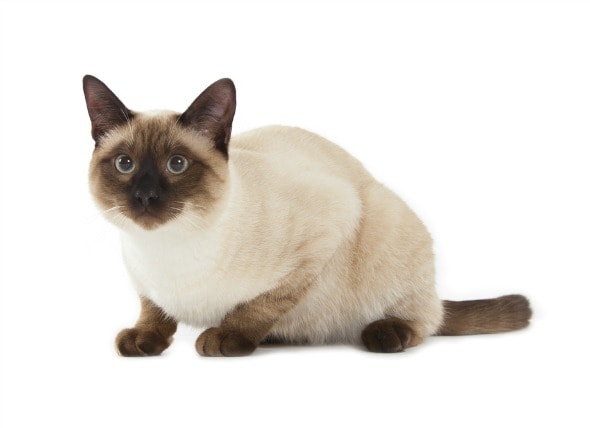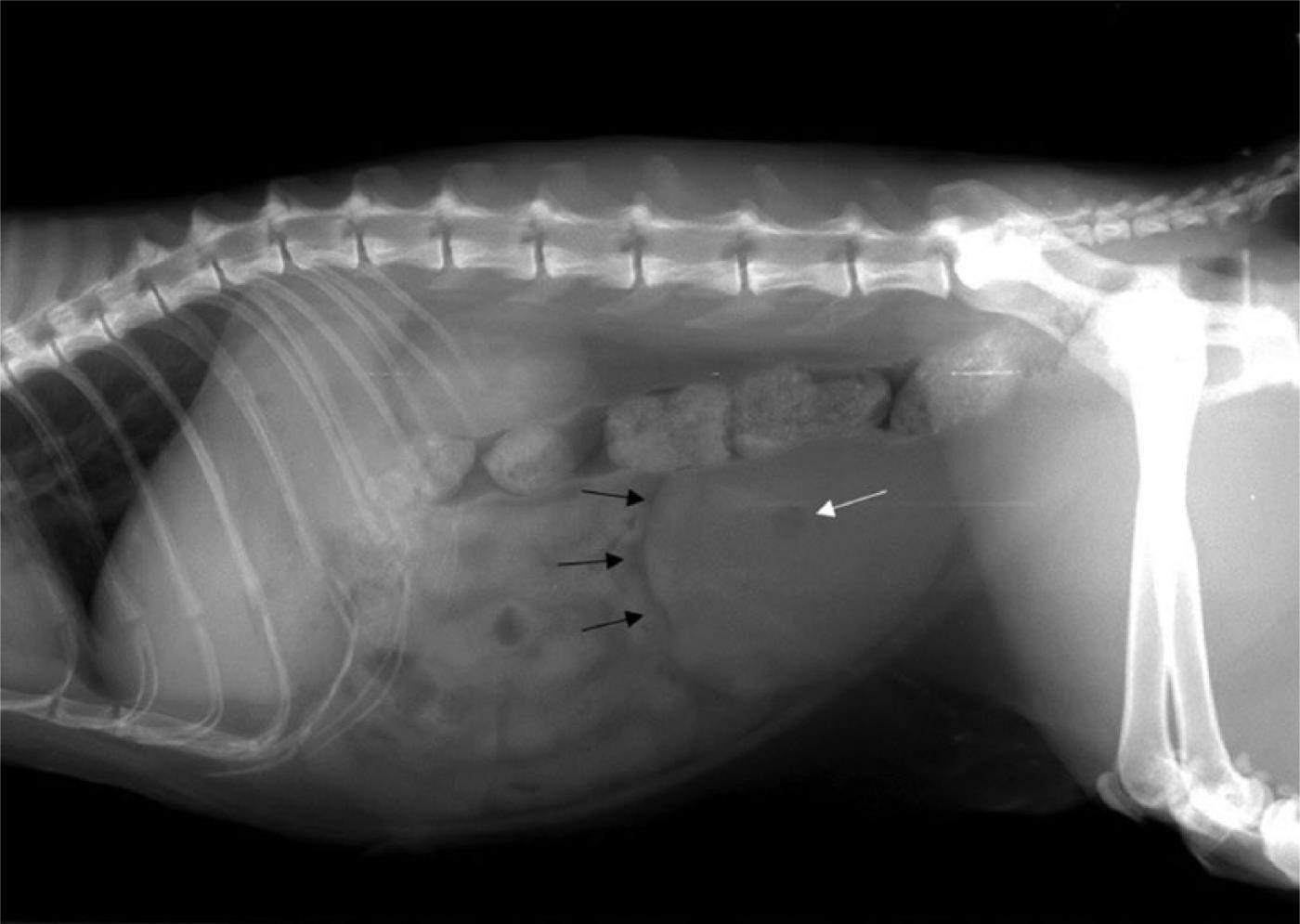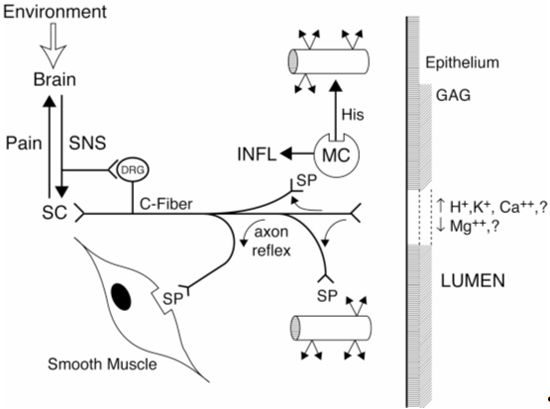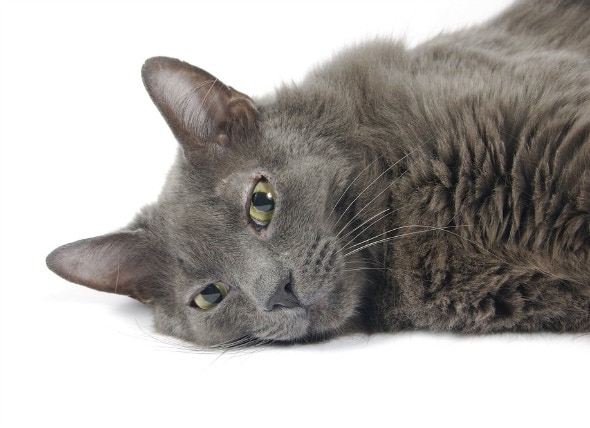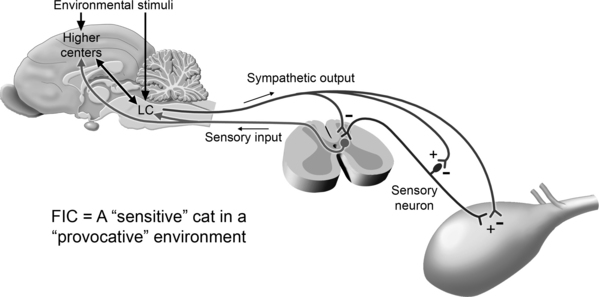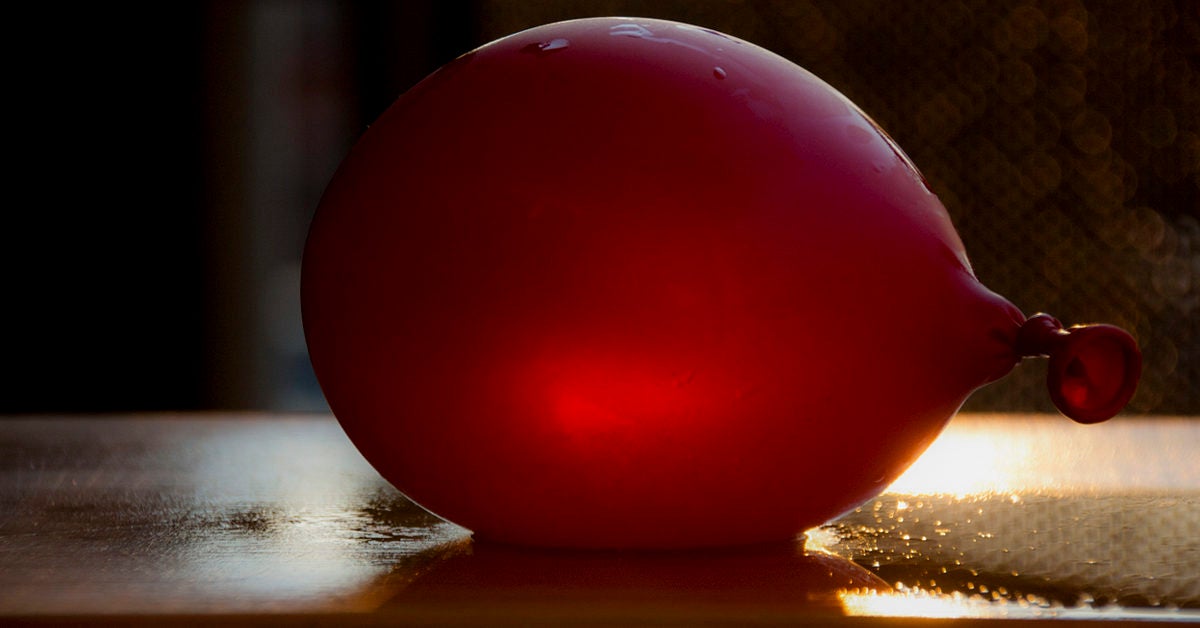Although many different diseases can affect the lower urinary tract frustratingly a number of cats develop a disease without any obvious underlying cause so called feline idiopathic cystitis or fic.
What causes thickening of the bladder wall in cats.
It is important you treat this right away so that it does not become a bigger problem in the future.
Inflammation due to urinary tract infection uti a uti is often the result of bacteria entering the urethra and then the bladder.
What the heck is cat bladder thickening anyway.
Bladder infections and thickening do not have to be something you and your cat have to live with once or twice or more per year.
However in the case of interstitial cystitis a definitive cause for the disease cannot be identified.
The thickening is due to the infiltration of various cells in the layers under the lining.
Common causes of bladder wall thickening include.
Cancerous malignant tumors tend to form first in the innermost lining.
Diagnostic imaging is a vital part of determining the potential cause of feline cystitis.
Feline interstitial cystitis can occur in both female.
The chronic irritation causes scarring of the bladder wall and this is why it thickens.
Feline lower urinary tract disease flutd is a term describing conditions that can affect the urinary bladder and or urethra the lower urinary tract of cats.
Colitis and proctitis in cats.
Interstitial cystitis in cats feline interstitial cystitis fic feline interstitial cystitis sometimes called feline idiopathic cystitis or fic is an inflammation of the bladder that causes symptoms of lower urinary tract disease.
Histiocytic ulcerative colitis is a bowel disease which causes the lining of an animal s colon to thicken with varying degrees of ulceration and tissue loss to the superficial lining.
It sounds worse than the uti.
We all love our cats which is why it is important to do everything we can for them.
Cancer itself is the result of mutated cells upsetting the body rsquo s routine regulation of cell replacement but the particular reason why this happens is not straightforward.
Bladder wall thickening is more common in women than in men and children.
Some veterinarians have access to ultrasound machines and can utilize these to study the thickness of the bladder walls and see any floating debris in the bladder that would indicate the presence of crystals.
Your cat has just had a bladder infection.
He may have explained but you still feel in the dark.
Cat bladder thickening is a symptom rather than a disease.
Feline bladder thickening is a symptom that can lead to further problems in your cat.
Now the vet says she has a thickened bladder wall.
Urinary bladder cancer in cats as well as in all other mammals occurs for idiopathic reasons.
